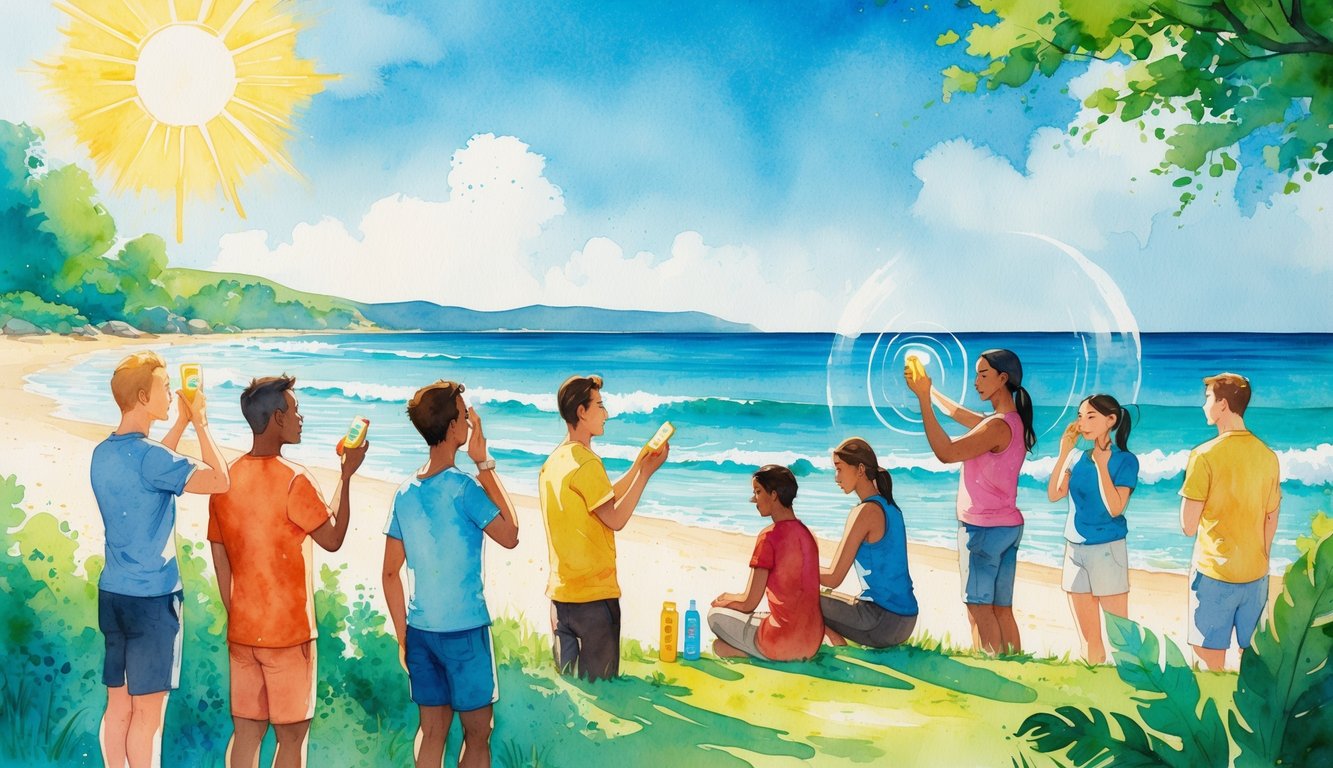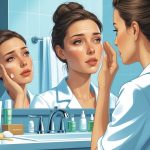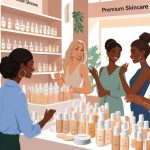New Sunscreen Label Warnings Dermatologists Urge You to Check Now
Dermatologists’ Expert Recommendations for Sun Safety

Picture me knocking over five water bottles while ranting at the drugstore shelf—rows and rows of sunblock tubes, all screaming “broad-spectrum” or “mineral” or “chemical.” Then a dermatologist pops up and says, “SPF 30 or you’re wasting your time.” Okay, but who actually remembers to reapply after swimming? Not me. No wonder melanoma rates keep climbing. I just try to do the basics and hope for the best.
Choosing the Right Formula for Your Skin Type
Here’s the only secret I have: mineral sunscreens (zinc oxide, titanium dioxide—don’t mess around with “blends”) don’t burn my face off, so I ignore all those “ultra-light” gels unless I’m desperate for zero residue. Dermatologists love to talk about “cosmetic elegance” and “micronized filters,” but if it pills under my moisturizer, I’m out. SPF 30 is fine; higher numbers barely make a difference.
Got oily skin? “Non-comedogenic” or you’re doomed. Fragrance sneaks in everywhere—my skin hates it, and dermatologists just sigh. People think mixing chemical and mineral sunscreens “doubles” protection. It doesn’t. Reef-safe? I grab it on vacation so nobody yells at me about the environment.
Tips for Sensitive Skin and Skin Conditions
Sensitive skin is a nightmare. I can’t find anything that doesn’t flare up my eczema or make my nose peel. One dermatologist I trust (she sees a ton of allergic reactions) always says: patch test behind your ear, then your jawline. If nothing happens, you’re probably good.
Acne? Skip heavy creams, go for matte, oil-free formulas. Eczema? Avoid alcohol sprays—feels nice for two seconds, then you’re in pain. Sunscreen sticks are great for eyes, but I lose them constantly. Rosacea? Mineral blocks calm the redness way better than chemicals.
Skin care is mostly trial and error. “Fragrance-free” is my mantra; “botanicals” are just marketing unless your doctor says otherwise. Honestly, you’ll probably buy a dozen duds before you find one that works.
The Role of Sunscreen in Skin Cancer Prevention

I can’t help rolling my eyes at those labels with font size 2, but here’s the real thing: sunscreen’s supposed to fight not just sunburn, but also those annoying dark spots and, yeah, melanoma. Over 80,000 skin cancer cases in Canada alone every year—how are we screwing this up so badly when we’re drowning in SPF options?
How Sunscreens Protect Against UV Radiation
Let’s not pretend SPF 100 is magic (it’s not; dermatologists still say SPF 30, reapplied, blocks about 97% of UVB). Most of us use half as much as we should—I watched a friend spend forever on her nose, then barely swipe her arms. “Broad-spectrum” should mean it blocks UVA (wrinkles, cancer risk) and UVB (burns, mostly). FDA says if it’s not “broad-spectrum,” it’s basically useless for melanoma. I wish someone would sell travel-sized shade or SPF hats at the beach, but nope.
Reducing Your Risk of Melanoma and Dark Spots
One study claims up to 90% of skin cancers are UV-related. Not dramatic, just depressing. I’ve seen clients with dark spots pop up faster when they skip sunscreen (especially lighter skin, but nobody’s immune—darker skin just hides it longer, and those spots hang around forever).
One dermatologist nags, “You need the whole routine: sunscreen, shade, hats, sunglasses.” But people treat sunscreen like a gym membership—good intentions, then forget about it. I missed a spot on my cheek once and had a dark patch for months. Sunscreen won’t erase your genes or fix tanning booth regrets, but skipping it? You’re basically inviting UVB to ruin your day.
Sun Protection Strategies Beyond Sunscreen

Let’s forget sunscreen for a second—does anyone else feel instant regret after standing in the sun for more than three minutes? Just me? Every dermatologist I’ve met, from winter conference calls to sweaty July clinics, says the same stuff: sunglasses aren’t just for looking cool, shade isn’t just for napping, and if you think you can’t get burned at 3 p.m., I want your DNA.
The Importance of Shade and Protective Clothing
Here’s what drives me nuts: people think SPF alone saves them while wearing spaghetti straps and shorts at noon, then wonder why they get burned. Dr. Heather Rogers (yep, the one with the massive sunscreen guide) says shade and clothing block UVA and UVB, and honestly, I’d rather sweat in a long sleeve than slather on greasy lotion every hour. Sitting under an umbrella can cut UV by 70%, but my cousin still got burned because she forgot her arms were sticking out. Sleeves and collars aren’t cute for Instagram, but the American Academy of Dermatology says clothes are your first defense.
My whole family owns those ugly, ultra-light long sleeves now. They look ridiculous with swim trunks, but I’m not risking skin cancer for fashion. My dermatologist says check UPF ratings—regular T-shirts are basically useless. I watched someone get burned under a patio awning last August, so yeah, shade helps, but you need layers of protection, not just wishful thinking.



